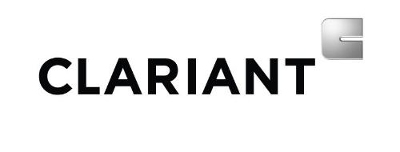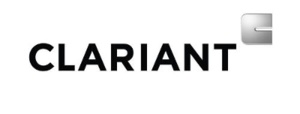On Monday, activist investor White Tale Holdings, who blocked the $20 billion merger between Clariant and Huntsman, demanded that it be given 3 seats in the Swiss chemical maker’s board of directors as well as an independent strategic review of the business.
On Friday, Clariant and Huntsman dropped their merger plan following White Tale raising its stake in Clariant to more than 20%.
Incidentally, White Tale is an investment vehicle which has the backing of NY-based 40 North, and by hedge fund manager Keith Meister.
“While the termination of the ill-conceived Huntsman merger is a positive first step in executing on this strategy, by no means is this a cause for celebration,” said White Tale. “The work is just beginning.”
“Unfortunately, Clariant management’s comments since Friday betray a desire to go back in time and pretend this episode did not occur. It is not October 2016,” said White Tale.
Clariant has stated it has held several rounds of discussions with White Tale since Friday.
“We will continue this exchange as part of our ongoing dialogue with all our shareholders. During this process we will of course consider White Tale’s requests. Clariant will nonetheless keep the interest of all stakeholders in mind when talking to White Tale,” said Clariant while expressing confidence that with “reasonable discussions” Clariant’s future could be more sustainable.
“Should we be unable to come to agreement with the current board of directors shortly, we will have no choice but to move to call an extraordinary general meeting so that all shareholders can have a voice in Clariant’s future,” said White Tale
In Early trading, Clariant’s shares were down by nearly 2%.
“We expect an independent review of Clariant to highlight once more that the Huntsman merger did not make strategic sense,” wrote analysts from Bernstein in a research note while noting that Clariant’s board now consists of nine people, including Chief Executive Hariolf Kottmann.
“Three board seats would give White Tale a representation similar to their shareholding. However, we note that they would require 50 percent of share capital to remove management, which could be difficult, even though their support is increasing among the shareholder base,” wrote the analysts.
References:
reuters.com
On Friday, Clariant and Huntsman dropped their merger plan following White Tale raising its stake in Clariant to more than 20%.
Incidentally, White Tale is an investment vehicle which has the backing of NY-based 40 North, and by hedge fund manager Keith Meister.
“While the termination of the ill-conceived Huntsman merger is a positive first step in executing on this strategy, by no means is this a cause for celebration,” said White Tale. “The work is just beginning.”
“Unfortunately, Clariant management’s comments since Friday betray a desire to go back in time and pretend this episode did not occur. It is not October 2016,” said White Tale.
Clariant has stated it has held several rounds of discussions with White Tale since Friday.
“We will continue this exchange as part of our ongoing dialogue with all our shareholders. During this process we will of course consider White Tale’s requests. Clariant will nonetheless keep the interest of all stakeholders in mind when talking to White Tale,” said Clariant while expressing confidence that with “reasonable discussions” Clariant’s future could be more sustainable.
“Should we be unable to come to agreement with the current board of directors shortly, we will have no choice but to move to call an extraordinary general meeting so that all shareholders can have a voice in Clariant’s future,” said White Tale
In Early trading, Clariant’s shares were down by nearly 2%.
“We expect an independent review of Clariant to highlight once more that the Huntsman merger did not make strategic sense,” wrote analysts from Bernstein in a research note while noting that Clariant’s board now consists of nine people, including Chief Executive Hariolf Kottmann.
“Three board seats would give White Tale a representation similar to their shareholding. However, we note that they would require 50 percent of share capital to remove management, which could be difficult, even though their support is increasing among the shareholder base,” wrote the analysts.
References:
reuters.com






